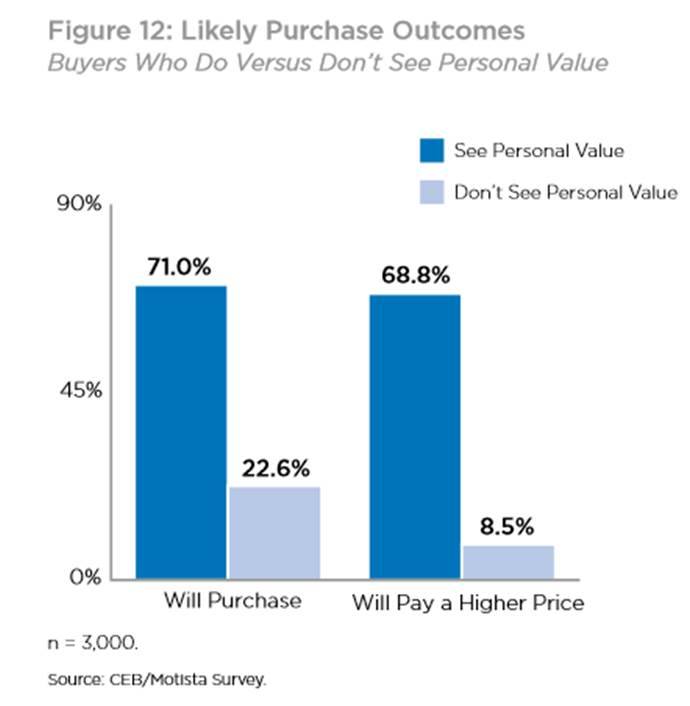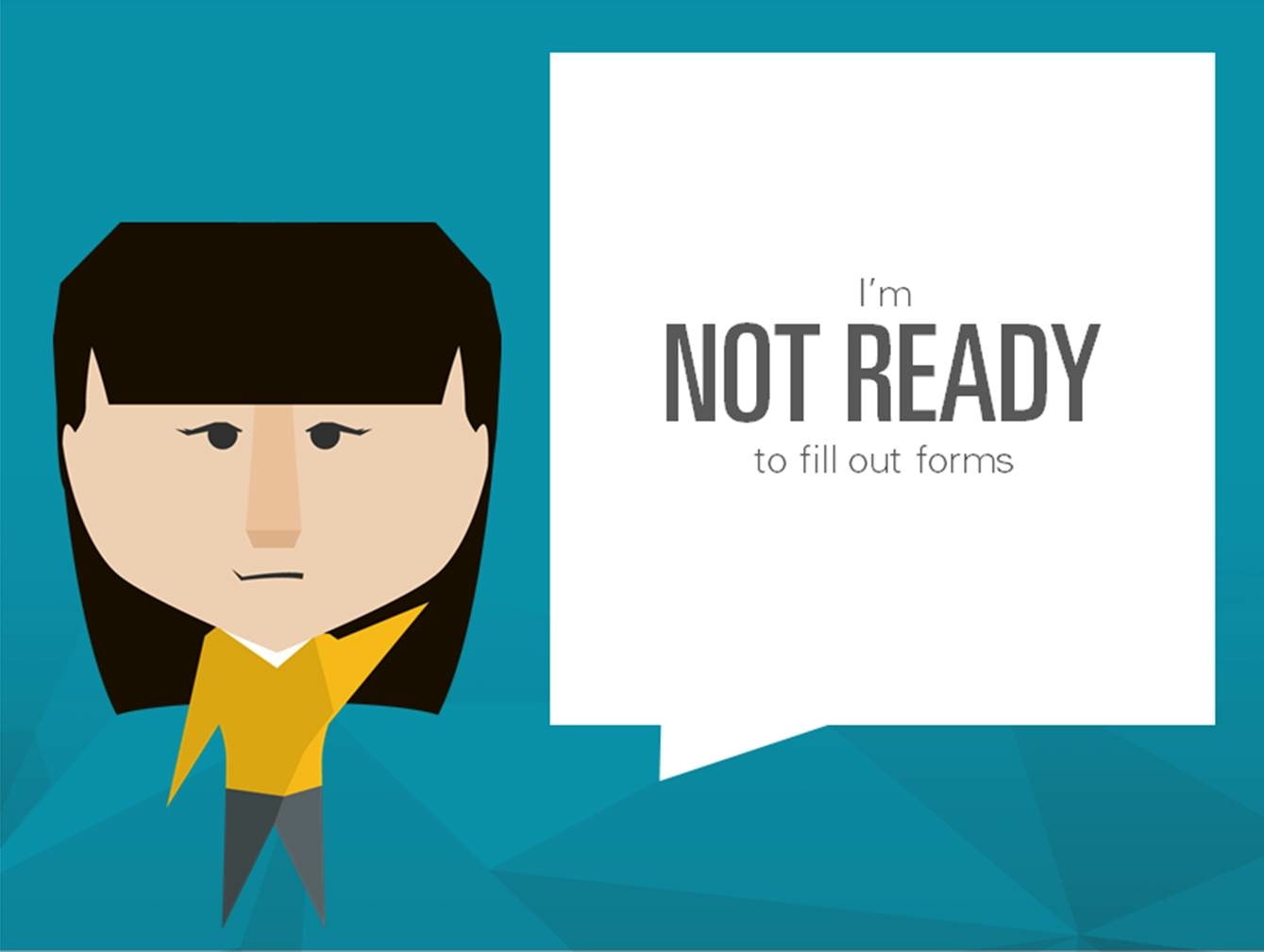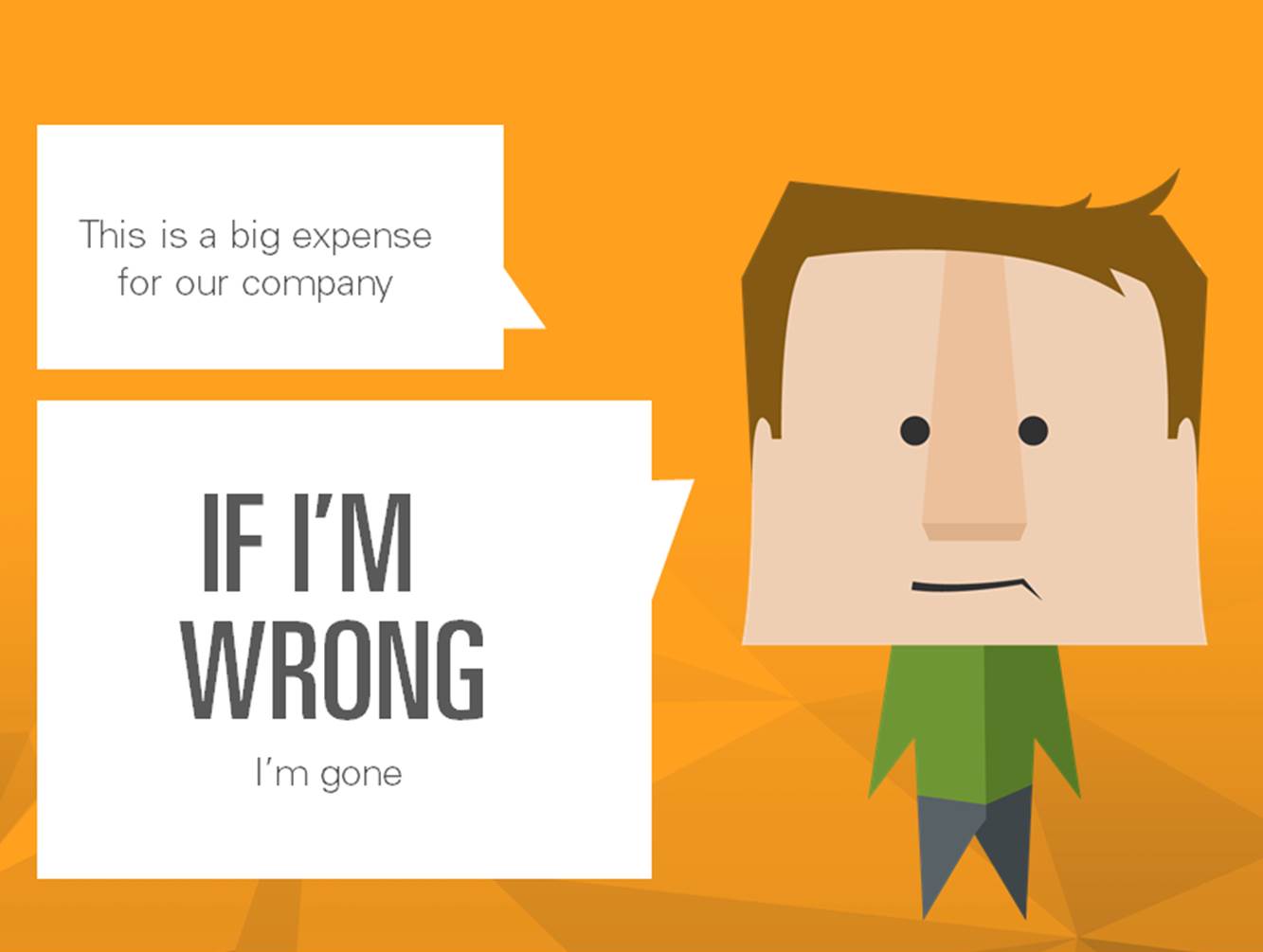Up Close & Personal : 3 Insights About Today’s Business Buyer
Someone called last week and said, “Carly, your blog posts are ridiculously awesome, but they all have a recurring mandate; know your audience. Can you please help me with that part!?!”
No, actually, no one called and said that. Or emailed. Or left it in a comment. (But that’s ok, I will keep writing for you, hoping that one day you’ll give me some feedback that has nothing to do with a typo.)
So you didn’t request it, but I’ve decided to launch a weekly blog series helping marketers take a fresh, unpredictable look at their buying audience. Each week, I’ll pull together some insights into a different customer segment hoping to spark some strategy or messaging that will help you better connect with them. Or at the very least, inspire you to take a long hard look at the fact that a lack of updated market research may be the missing link in your marketing strategy and prompt you to get that ball rolling. (I feel compelled to remind you that we, Oneupweb, can help you with that.)
Find yourself in the un-coveted, overly vague B2B marketer category? Trying to reach that illusive, often undefined “C-Suite”?
Me too.
It’s not as unsexy as it sounds. It can be fun. And let’s be honest marketer friend, if you can master the art of marketing to business buyers—that sexier looking consumer brand will be a cake walk when the time comes. Social media strategy for a clothing brand? Way easier than a social media strategy for hazmat labels. Or commercial printers. Or data visualization software. Or lasers.
Let’s get to know today’s “business buyer”.
Most B2B marketers face a common challenge—decision by committee. You have multiple personas to connect with during the buying cycle. Each has a different role and subsequent responsibilities within the organization and thus, is looking for different benefits and values from the product or solution that you provide.
- They Seek Personal Value
Articulating those product or service benefits and values, and communicating them to the right people at the right time used to be enough. Today’s business buyer—everyone in the committee—is actually seeking personal value in your solution.
In fact, when considering brands within the same category business value rarely, if ever, actually differentiates brands. Instead, today’s business buyer is more likely to purchase from a brand where they recognize personal value than from a brand that they don’t. And, here’s the real kicker—they’re much more likely to pay a higher price for the brand that delivers a personal value.
How do you get on that band wagon? Sign up to plant a tree for every 1,000 hazmat labels you sell?
It’s actually easier than that (though the tree thing might be good in the case of hazmat labels, some of that stuff might have spilled, or leaked or poisoned something along the way after all)!
For each member of the decision making and influencing team—understand what they have on the line when it comes to the decision itself. What impact will making the wrong decision have on them personally? More work? Fired? Have to consider a new career path all together? Even better, what impact will making the right decision (by hiring you) have on them? Consider and speak to the professional, social and emotional benefits of choosing your brand.
Exploit the ever living daylight out of that emotional connection (the personal value).

Doesn’t matter that this is a business audience. They’re people. People who buy first on emotion (personal value) and then justify with logic (business benefit).
- They Want to Educate Themselves
The argument is common, “Our product/solution is complicated and highly personalized so we really need to get on the phone with a prospect as soon as possible.” And it’s often true. But, you have to find a way to simplify things enough, answer enough of a prospect’s initial questions, give that initial decision influencer enough information to get their homework done—to feel at least 75% sure that your company is a viable option for them BEFORE they will fill out any form, pick up the phone or accept a phone call from you.
You might have the best sales team ever, but it doesn’t matter if you don’t give your audience what they need to even enter the sales funnel.
Un-gate some of that content. Show them who you are, what you do and why you are qualified to help them.
- They’re Scared.
Here’s the truth about being part of a decision making committee—it’s not a committee anymore when things go wrong. The whole committee doesn’t get fired when the wrong decision is made (well maybe it has happened, but it’s rare). They point at Ted who made the initial recommendation and Frank who championed its approval.
No one wants to be Ted or Frank. For the obvious reasons (no one wants to be fired) and the deeper psychological reasons (compassion, attention, acceptance etc.).
If you can be the brand that acknowledges that fear, empathize with it and show how you mitigate the risk that causes those fears—you win.
Who should we talk about next week? Millennials? Boomers? Mommies? Someone more niche? I’m open to it, send me your suggestions!



